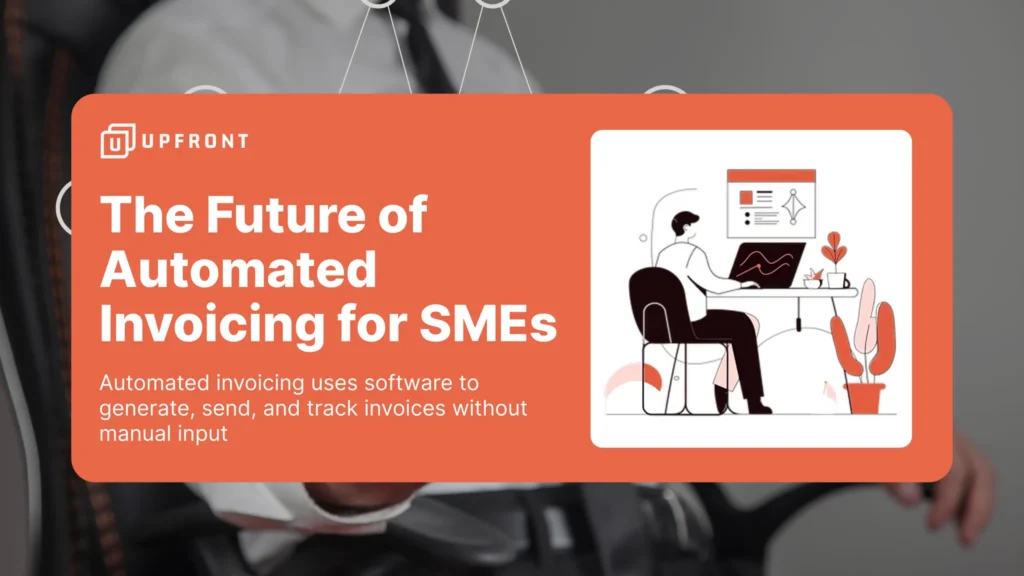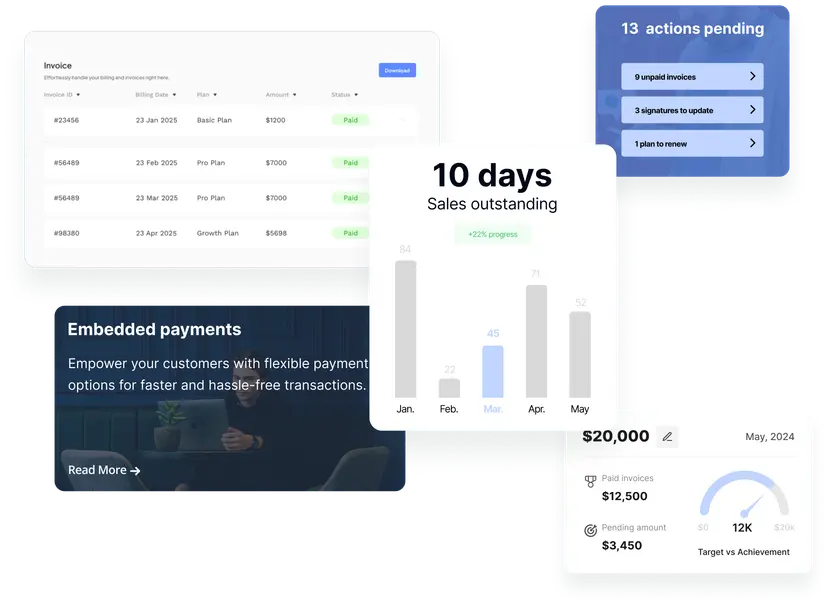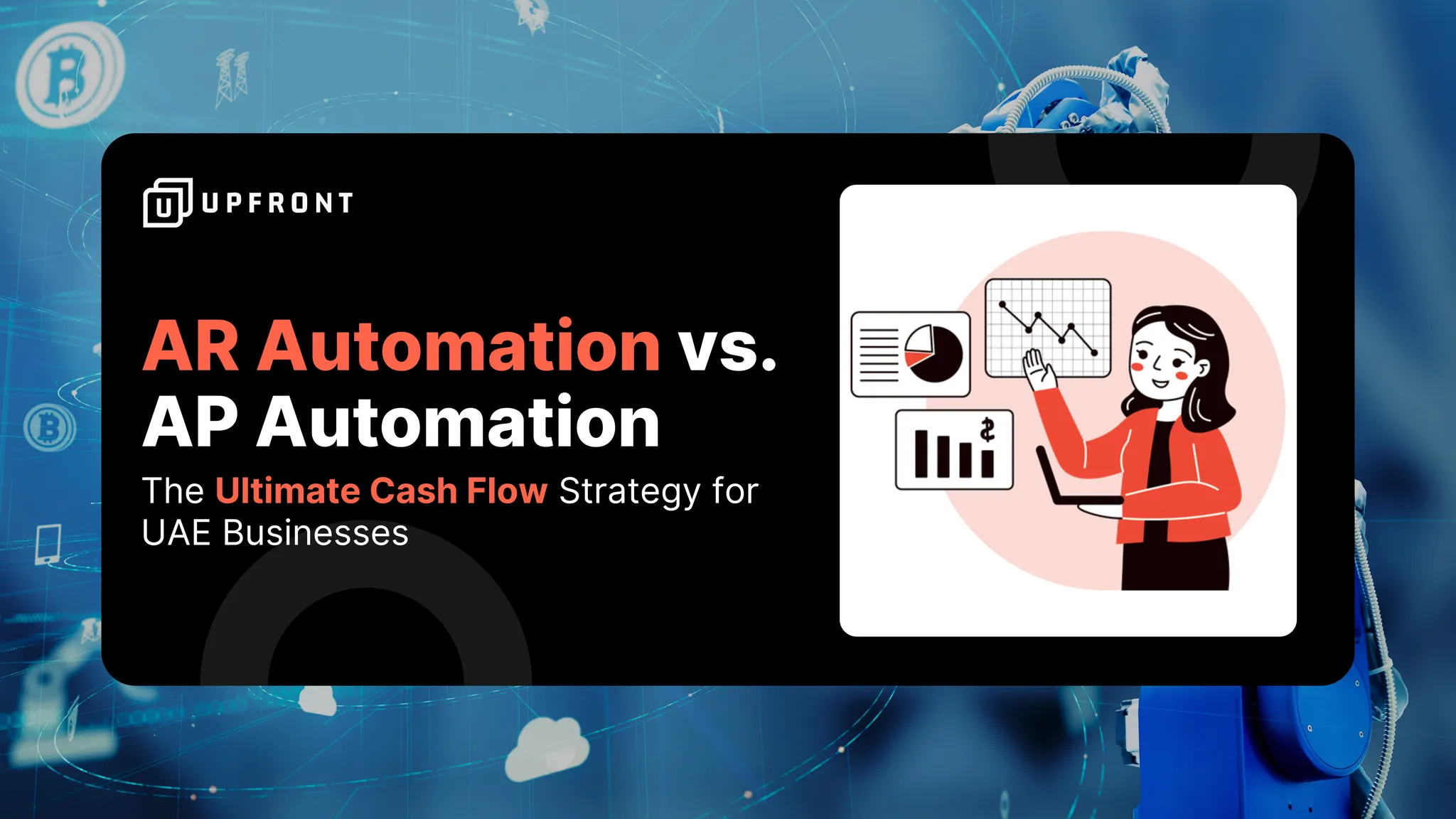Automated invoicing uses software to generate, send, and track invoices without manual input
Small businesses today face increasing pressure to work faster, smarter, and more efficiently—without increasing overhead. Manual billing processes, late payments, and cash flow uncertainty are just a few of the pain points SMEs grapple with daily. In this context, automated invoicing has emerged as a vital tool in the broader push for small business automation .
By leveraging cloud-based invoicing , artificial intelligence in billing , and invoice management solutions , modern SMEs can streamline their operations, reduce errors, save time, and enhance the customer experience. In this article, we’ll explore how automated invoicing is reshaping the future of SMEs, the benefits it brings, key trends in financial technology, and the tools your business should consider to stay competitive.
What Is Automated Invoicing?
Automated invoicing is the process of using software to generate, send, track, and reconcile invoices—without manual intervention. These systems are designed to integrate with your existing accounting systems , reducing the need for data entry and minimizing human error.
Automated invoicing platforms typically offer features like:
- Smart templates for recurring billing
- Auto-scheduling of invoices
- Integration with payment gateways
- VAT and tax rule automation for compliance and regulations in billing
- Real-time tracking and payment reminders
- Predictive analytics for invoicing and cash flow forecasting
This automation not only improves accuracy but also significantly speeds up the invoicing cycle, helping small businesses optimize their financial workflows.
Why Automated Invoicing Matters for the Future of SMEs?
1. Cost Efficiency for SMEs
Manual invoicing is time-consuming and error-prone. Between correcting mistakes, tracking overdue payments, and managing paper records, SMEs waste valuable time and money. Automated invoicing solutions eliminate inefficiencies, allowing teams to focus on growth. Many businesses report saving up to 70% in operational costs related to billing and collections.
2. Time-Saving Invoicing Tools
With automation, businesses can issue invoices in seconds, send payment reminders, and update records without lifting a finger. These time-saving invoicing tools reduce administrative overhead, making it easier for teams to scale operations without adding headcount.
3. Improved Customer Experience in Payment Processes
Today’s customers expect fast, digital-first experiences. Automated platforms enable businesses to offer clients:
- Instant digital invoices
- Multiple online payment options
- Self-service portals
This improves the overall customer experience in payment processes , leading to faster payments and stronger relationships.
4. Compliance and Data Accuracy
For businesses operating in multiple jurisdictions, maintaining compliance and regulations in billing is crucial. Automated tools apply the correct tax rates, track audit trails, and ensure that all invoices meet legal standards. This reduces the risk of penalties and errors.
5. Data Security in Automated Billing
Modern invoicing systems offer enterprise-grade data security , including encryption, role-based access control, and secure backups. For small businesses, this level of security is critical to protect sensitive financial information and build trust with clients.
Modern Invoice Management Solutions Features
When choosing an invoicing tool, SMEs should look for platforms that combine ease of use with advanced automation features. Essential capabilities include:
| Feature | Why It Matters |
|---|---|
| User-Friendly Invoice Software | Simplifies adoption across teams without training overhead |
| Integration with Accounting Systems | Ensures real-time sync with ledgers, budgets, and P&L |
| Cloud-Based Invoicing | Access from anywhere, ideal for remote or hybrid teams |
| Mobile Invoicing Solutions | Bill clients on-the-go with smartphone or tablet apps |
| Streamlined Payment Processes | Offer clients digital payment links, auto-reconciliation |
| Predictive Analytics for Invoicing | Anticipate cash flow needs and late payment risks |
| Artificial Intelligence in Billing | Auto-fill line items, detect anomalies, and optimize schedules |
How Small Business Automation Supports Long-Term Growth?
Automated invoicing is a core part of the broader small business automation movement. By streamlining financial operations, small businesses can:
- Reduce their days sales outstanding (DSO)
- Improve working capital and liquidity
- Scale operations without expanding back-office teams
- Make smarter decisions with real-time financial visibility
As competition intensifies, the ability to operate leaner and smarter gives SMEs a powerful advantage.
Trends in Financial Technology for SMEs
Staying competitive requires embracing the latest trends in financial technology for SMEs . Here are some major shifts reshaping the invoicing landscape:
A. Cloud-Native Billing Platforms
Legacy software is being replaced by cloud-based invoicing systems that offer greater speed, scalability, and remote access.
B. AI-Powered Invoice Management
Artificial intelligence in billing is helping businesses detect fraud, improve accuracy, and automate data entry with OCR (Optical Character Recognition).
C. Cross-Platform Mobility
Mobile invoicing solutions enable real-time invoicing and approvals—ideal for service providers, freelancers, and sales teams on the move.
D. Embedded Payments
Tools that embed payment options directly in the invoice simplify transactions and boost payment speed.
E. Predictive Financial Tools
Platforms now offer predictive analytics for invoicing , allowing SMEs to forecast when they’ll get paid and plan accordingly.
How to Choose the Right Automated Invoicing Solution
When evaluating software for your business, consider:
- Ease of use : Is it intuitive enough for your non-financial staff?
- Integration : Can it sync with your current accounting or ERP platform?
- Security : Does it offer robust data security in automated billing ?
- Customization : Can you tailor invoice templates and workflows to fit your brand?
- Mobile and cloud access : Does it support mobile teams and remote work?
- Scalability : Will it support you as your invoice volume grows?
Mistakes to Avoid When Adopting Invoice Automation
- Choosing tools without robust accounting system integration
- Overlooking compliance features and audit trails
- Ignoring the customer experience in payment processes
- Not training staff properly on the new system
- Relying on spreadsheets as a backup method
Real-World Example
A small eCommerce company shifted from manual spreadsheets to a fully cloud-based invoicing solution with predictive cash flow features. Within six months, they:
- Reduced invoice processing time by 80%
- Improved on-time payments by 35%
- Gained full visibility into receivables
Their transformation illustrates how user-friendly invoice software paired with automation can create real impact.
FAQs on Automated Invoicing for SMEs
Can automated invoicing work for freelancers or micro-businesses?
Yes. Many solutions offer scalable plans suited for solo entrepreneurs, helping them stay professional and organized.
Is cloud-based invoicing secure?
Absolutely. Leading platforms follow strict data security standards, including two-factor authentication, encryption, and audit logs.
How does AI help in automated invoicing?
AI can auto-extract data, detect anomalies, and optimize payment schedules based on historical behavior, improving accuracy and speed.
Will automation replace human finance staff?
No. It enhances staff efficiency by removing repetitive tasks, allowing finance teams to focus on analysis and strategy.
Can invoicing tools handle international clients?
Yes. Most modern tools support multi-currency , localized tax rules, and custom formats for global compliance.
Final Thoughts
The future of SMEs is digital, agile, and data-driven. Automated invoicing is no longer just a “nice-to-have”—it’s a necessity for businesses that want to compete in today’s fast-moving landscape.
By embracing invoice management solutions , cloud-based tools , and AI-enhanced billing , small businesses can gain the cost efficiency , agility, and intelligence they need to thrive. Whether you’re a startup or an established SME, now is the time to upgrade your invoicing process—and future-proof your operations.
→ Error elimination: Automated Invoicing Reduces Errors → Touchless processing: Automated Invoice Processing → Real-time control: Automated Invoice Tracking → Centralized command: Digital Invoice Management 





